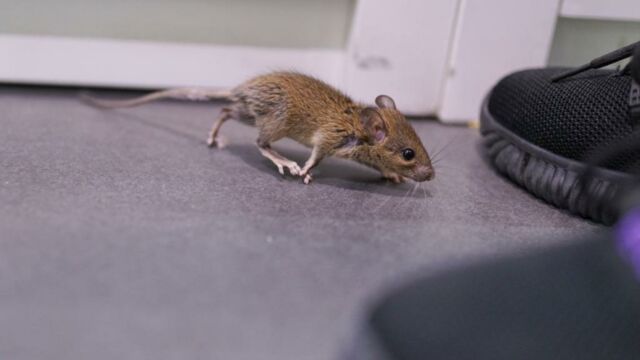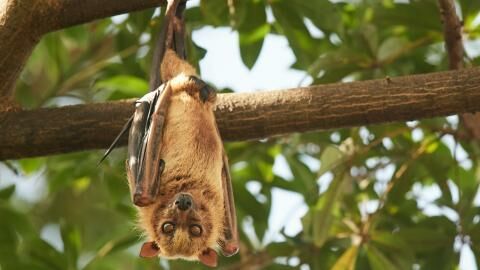Experts are concerned because common poisons are seemingly no good anymore as a new breed of mice and rats in the UK have become resistant.
Discover our latest podcast
New breed
According to the Mirror, experts are concerned about the evolution of rats and mice.
For the past 20 years, approximately 78% of rats and 95% of house mice now have genes which enable them to tolerate poisons known as anticoagulant rodenticides.
Scientists who have spent 20 years studying rats and mice have found the same gene in rodents throughout the UK.

Danger to health
According to the British Pest Control Association, there could be anywhere from 10.5 to 120 million rats and mice in the UK, WalesOnline reports.
Out of the two common types of rats that are found in the UK, the most common type is the Brown Rat or Common Rat, while the other rare type is the Black Rat.
These rodents can carry ‘nasty diseases’ which can spread to humans,and they also damage property.
Dr Alan Buckle, a pest expert, is worried about this development:
[this is] a threat to human and animal health. Continued use of anticoagulant rodenticides against resistant rats or mice has serious downsides.
Dr Buckle explains a chain reaction that represents a big problem:
These include incomplete control of the rodents, which leads to threats to human and animal health, a faster spread of surviving resistant rodents and long-term survival of resistant pests that carry poison residues that could then be eaten by predators.
Sources used:
-Mirror: ‘EXCLUSIVE: Warning over new breed of super rodents feared to be 'threat to humans'
-Walesonline: ‘Fears a new breed of 'super rodents' could be a 'threat to humans'















